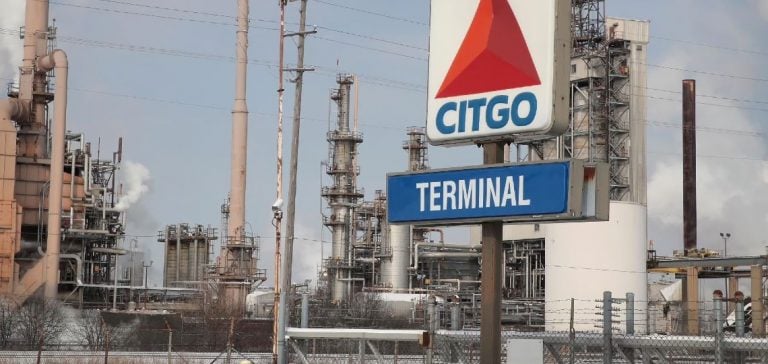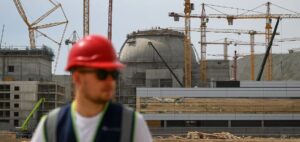The Venezuelan Public Prosecutor’s Office has recently launched a large-scale investigation targeting 351 opposition members as well as 15 political parties in connection with the Citgo case. This American subsidiary of PDVSA, the Venezuelan state-owned oil company, has been at the center of political tensions between Nicolas Maduro’s government and his opposition since the loss of control over the company in 2019. In response to the events surrounding Juan Guaidó’s self-proclamation as Venezuelan president in 2018, the United States granted Citgo management to the opposition, marking a decisive phase in the country’s governance crisis.
The United States, not recognizing Maduro’s 2018 presidential election, had considered the opposition as the legitimate administration of Venezuela. As a result, the opposition, then under Guaidó’s leadership, took direct control of Citgo, a strategic subsidiary of PDVSA based in the U.S. Today, Citgo is entangled in U.S. legal battles, with creditors of both Citgo and PDVSA claiming nearly one billion dollars in debt, stemming from the company’s ongoing financial challenges.
The Role of the American Judiciary in the Citgo Case
In response to this complex situation, the American judiciary has taken measures to protect Citgo from creditors. In July 2024, a New York Court of Appeals overturned a decision that favored PDVSA bondholders in recovering their debts from Citgo. This decision temporarily shields Citgo from a potential forced liquidation, providing some room for maneuver to the parties involved, though it doesn’t resolve the issue of debt.
The Citgo case holds strong symbolic significance within the Venezuelan political context. Nicolas Maduro’s government accuses the opposition of jeopardizing national interests by managing Citgo and of being at the root of the company’s financial struggles. According to official statements, the investigation is motivated by the desire to “clarify the political, administrative, and above all, criminal responsibilities” of opposition leaders in this case.
Corruption Charges Directed at the Opposition
Attorney General Tarek William Saab announced the appointment of competent prosecutors to handle this investigation after receiving a report from parliament, which is controlled by the current regime. This report, based on information provided by the government, calls for thorough investigations into prominent political figures, including Maria Corina Machado, the current head of the opposition. This latest indictment is part of a legal strategy aiming to lay the groundwork for judicial action against opposition members, who are often accused of complicity in corruption cases surrounding Citgo’s management.
Impact on the National Political Scene
The Public Prosecutor’s decision to launch this massive investigation against the opposition could have repercussions on the national political landscape. Some observers believe the regime is using this case to weaken its opponents, especially with upcoming elections on the horizon. Venezuela, plagued by a deep economic crisis, is indeed marked by extreme polarization between the ruling power and opposition supporters.
The indictment of Maria Corina Machado and other political leaders could potentially shift political balances in the country. Critical voices argue that these judicial procedures against the opposition aim to remove competing candidates from the political arena, thereby strengthening the regime’s control over institutions.





















